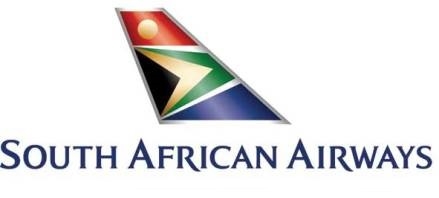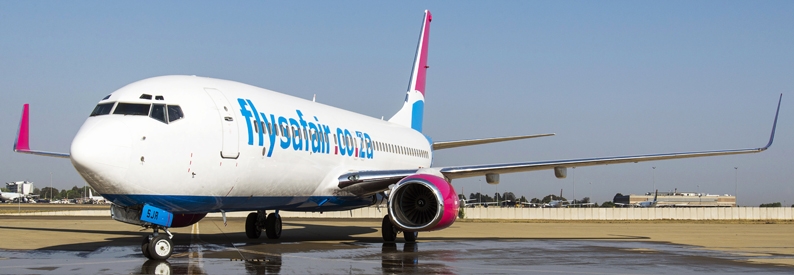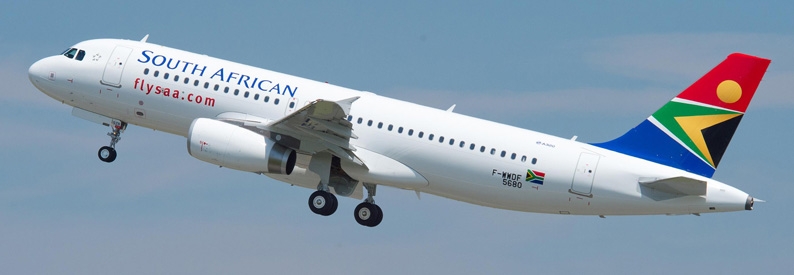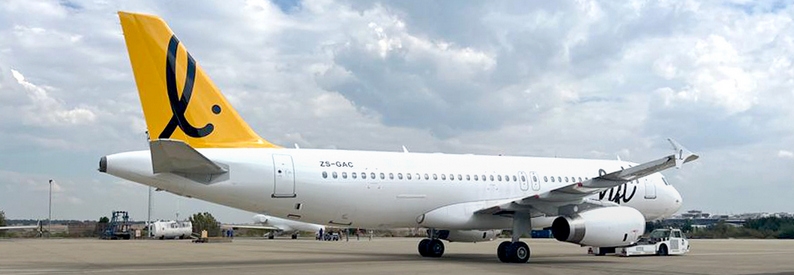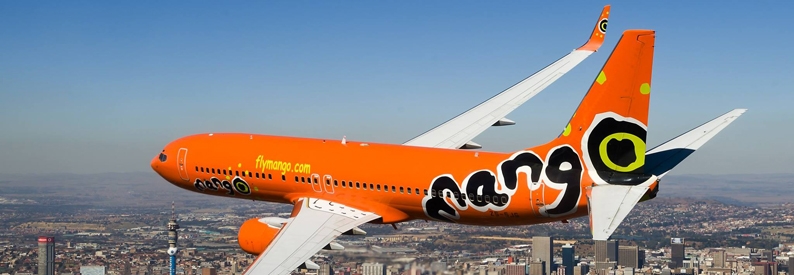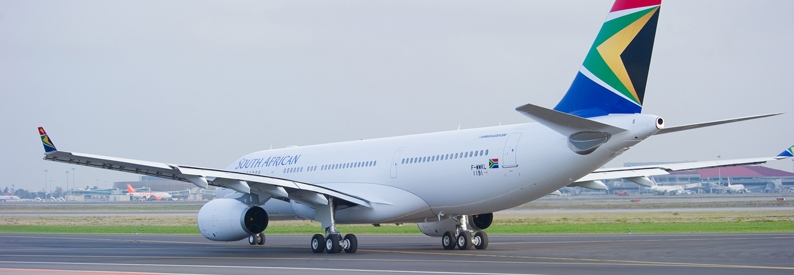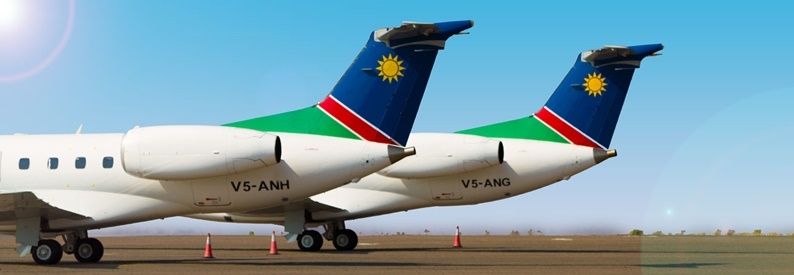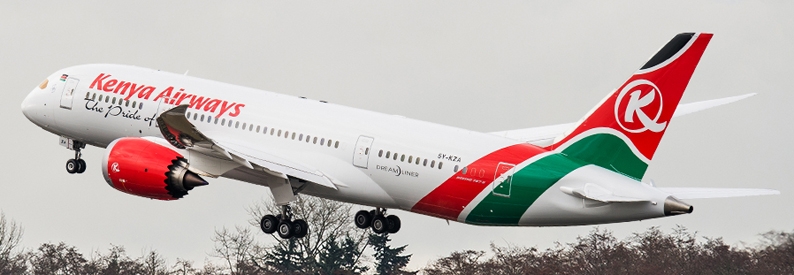South African Airways (SA, Johannesburg O.R. Tambo) has denied a local media report it faces losing route rights following a decision by the country's licensing regulator to review some frequencies the national carrier is not currently serving.
In a statement, the airline said it had made representation to the International Air Services Licensing Council (IASLC) on its current route allocation and the council's decision to review some unused frequencies. "SAA assures its customers that the airline is not losing its route rights."
It continued to operate its current network and schedules to three domestic destinations (Johannesburg O.R. Tambo, Cape Town International, and Durban King Shaka) and six regional destinations (Harare International, Zimbabwe; Accra, Ghana; Kinshasa N'Djili, the Democratic Republic of the Congo; Lagos, Nigeria; Lusaka, Zambia; and Mauritius). It has deployed additional capacity on the Cape Town route to meet demand and had increased the aircraft size on the Harare route. According to the ch-aviation Commercial Aviation Operator Schedule Data module, SAA has switched from a narrowbody A320-200 to a widebody A330-200 on its daily services to Harare from Johannesburg.
SAA said it continues to ramp up its operations with the intention to resume full regional and international services by adding additional equipment. The first addition, A320-200 ZS-SZD (msn 6007), was redeployed on September 27. It had been part of SAA's leased fleet before but was returned to lessor Celestial Aviation Trading and stored as OE-IPJ at Johannesburg since July 2020. The aircraft is owned by GECAS and managed by AerCap, according to the ch-aviation Commercial Aviation Aircraft Data module.
This brings SAA's current fleet to seven operational aircraft, including three A319-100s, three A320-200s, one A330-300, and one A340-600 used as a spare.
SAA codeshares internationally with Emirates, Air Mauritius, LAM - Linhas Aéreas de Moçambique, EgyptAir, Ethiopian Airlines, Singapore Airlines, and Kenya Airways.
Meanwhile, SAA's shareholder representative Department of Public Enterprises (DPE) on October 3 welcomed a decision by the Western Cape High Court in Cape Town to dismiss with costs an application by disgruntled former bidder, Toto Investments Holdings, to stop the government's partial privatisation deal with the Takatso Consortium. The black-empowerment investment firm tried to interdict the DPE from implementing the transaction pending the finalisation of a review application to be heard in January 2023.
The court dismissed Toto Investments' attempt to force the non-confidential disclosure of all documents relating to the Takatso deal. It ordered that certain documents be disclosed on a confidential basis while others should be disclosed on a non-confidential basis. The court further ordered the main review application to be placed under judicial case management until the January 2023 hearing.
"Since the interdict application was dismissed, the department can continue taking steps to implement the [Takatso] transaction," DPE in a statement. "The department will comply with the court directive to provide a non-confidential version of the record of the transaction and the confidential version of the record within the 20 days stipulated in the court order," it said. "This means that confidential information related to the transaction cannot be disclosed for public consumption, and only non-confidential records may be shared with the public."
DPE said it remained committed to implementing the Takatso transaction as soon as possible.
Toto Investment Holdings, which had unsuccessfully bid for the partial sale of SAA, wants the current transaction to be declared invalid and a new process for a strategic investor launched.
The 51% sale of SAA to the Takatso Consortium, comprising black empowerment asset manager Harith General Partners and ACMI specialist Global Aviation Operations (GE, Johannesburg O.R. Tambo), has been dragging on for more than a year and is currently being reviewed by the country's competition and air service licensing regulators.
Takatso is to inject ZAR3 billion rand (USD185 million) in working capital over two years into SAA and pay ZAR51 rand (USD3) as its share of the nominal transaction fee required under South African law once the deal is approved. For its part, the government has to absorb all of SAA's historical debt, which includes an outstanding ZAR3.5 billion (USD197 million) for covering unflown ticket liabilities and concurrent creditor claims. SAA also still owes nearly ZAR900 million (USD61 million) in ticket revenue to former franchise partner Airlink (South Africa). The deal hinges on the government covering all of these historical debts.
- Type
- Base
- Aircraft
- Destinations
- Routes
- Daily Flights
